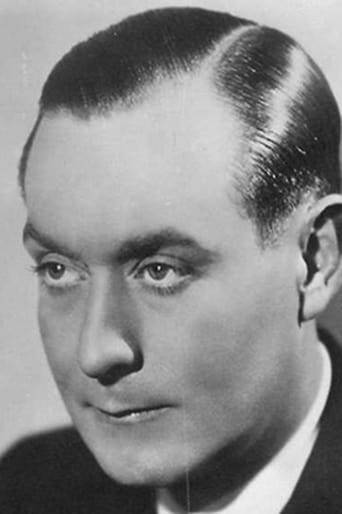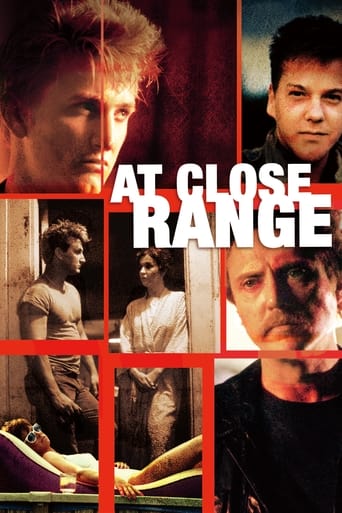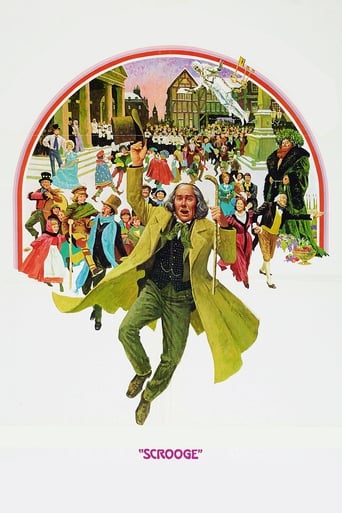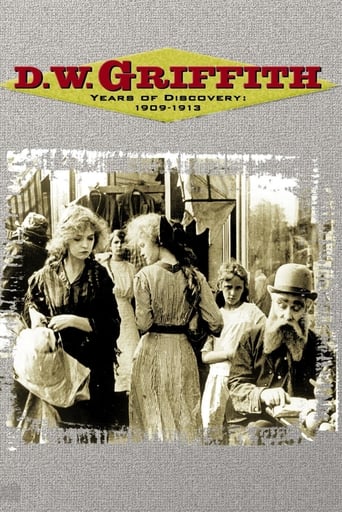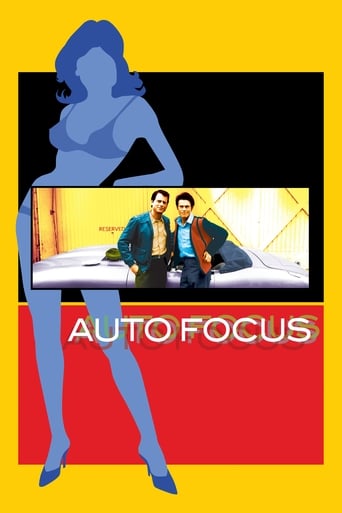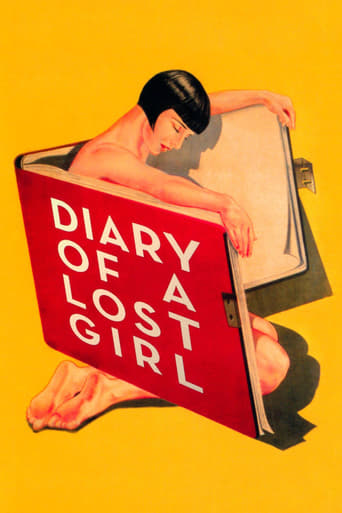
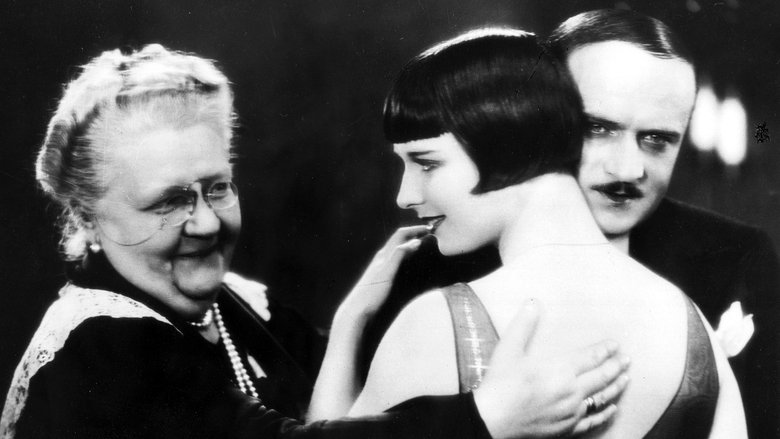
Diary of a Lost Girl (1930)
Thymian Henning, an innocent young girl, is raped by the clerk of her father's pharmacy. She becomes pregnant, is rejected by her family, and must fend for herself in a harsh, cruel world.
Watch Trailer
Cast


Similar titles
Reviews
It isn't difficult to see why Georg Wilhelm Pabst's Diary of a Lost Girl caused a bit of a headache for the censors back in 1929. Even for a movie made during the Weimar Republic era, a revolutionary time for cinema when directors were consistently pushing the boundaries with controversial tales of debauchery and Germany's seedy underbelly, the themes and social insight feel unnervingly modern. Teaming up once again with his muse Louise Brooks, the Kansas-born starlet plays Thymian, the naive daughter of a wealthy pharmacist who, in the opening scene, watches their maid leave the family home in shame when Thymian's father (Josef Rovensky) gets her pregnant.Although it's clear to the audience, Thymian is puzzled as to why the girl has left. Her father's assistant, the creepy and much older Meinert (Fritz Rasp), invites her to the pharmacy that night on the promise to tell her everything, but instead takes advantage of the young girl and gets her pregnant. When the baby arrives, Thymian refuses to reveal who the father is but her family learn the truth from her diary, and insist that the two marry to avoid damage to the family's reputation. When she refuses, Thymian's baby is taken from her and she is packed off to a reformatory watched over by the intimidating director (Andrews Engelmann) and his tyrannical wife (Valeska Gert). After rebelling against the school, Thymian and a friend escape and join a brothel,Like many films made during the Weimar era, Diary of a Lost Girl depicts the decay in almost every aspect of German society at the time. The lives of the rich are stripped bare, and their motivations are heavily questioned when the family send Thymian away not with her 'rehabilitation' in mind, but simply to save face. The reformatory itself is a cold and bleak place, where the director's wife bangs a rhythm for the inhabitants to rigidly eat their soup too. They are less concerned with helping the girls fit back into the society that has failed them, and more about satisfying their own sadistic desires. In one particularly effective close-up, the wife seems to be achieving some sort of sexual gratification from her monstrous behaviour.The one place Thymian feels accepted on any sort of level is the brothel, a place where she can be herself without any kind of judgement or fear of social exile. While Thymian can at times be frustratingly naive and swoonish whenever she finds herself in the arms of a man, Louise Brooks delivers a tour de force performance that helps the audience maintain sympathy for her put-upon character, even when the film is at its most melodramatic. Even though the film is now 87 years old, Brooks's acting feels completely modern. Where most silent actors switch between rigid and operatic in their performances, Brooks is naturalistic and subtle, making it clear just why Pabst was so eager to work with her again after Pandora's Box, made the same year.
This is far less interesting than the other Louise Brooks film I've seen ("Pandora's Box"), but it's probably worth seeing.Brooks had an amazingly compelling face and the camera loves her. She sparkles here as a woman who spirals down in society, then back up, in a story that ends a little too neatly.This film targets societal hypocrisy. Thymian's father sleeps with his housemaids and gets away with it. But when Thymian is seduced or, more likely, raped by a local pharmacist, and gets pregnant, the baby is snatched from her and she's sent to a home for wayward girls, where -- you guessed it -- the headmaster (a leering Andrews Engelsmann) is more depraved than the wards.Thymian tries to save herself but is dragged further down when economics force her into prostitution. The movie drags as we sit through much tea dancing at the brothel and an oddly extended scene in which Thymian tries to teach an awkward john how to dance.Thymian begins to re-ascend from the abyss when she starts to help people who are less fortunate."Your ignorance won't help her," she tells the headmaster of a rebellious young woman new to the school. "I will try -- for I was once as she is now!"
'Diary of a Lost Girl' is a classy silent feature which centres on Thymian (Louise Brooks, fresh from 'Pandora's Box'), first seen as sweet and innocent young thing who takes the wrong turning after becoming pregnant by her father's pharmacy assistant (the repellent Fritz Rasp).Sent to a reformatory for fallen young ladies which is run by a shaven headed thug and a butch matron, she meets Erika (Edith Meinhard), a sometime prostitute, and eventually escapes with her to join a brothel, fall in with a rich count, and find her fortune.Directed with panache by Pabst, this film still has a fresh feel and some beautiful close-up photography of Brooks in particular. The tale of Thymian's ups and downs keeps you interested right to the final few sequences. Wonderfully atmospheric and well acted, this film is a good example of a late silent.
Twice in DIARY OF A LOST GIRL naive young Thymian (Louise Brooks) is raped after passing out - that is, stone cold unconscious for a lonnnngggg time - while being held in the arms of a man (first while conversing and second on the dance floor after drinking one glass of beer). This is too much! Was it perhaps considered normal in those days for sweet young things to faint dead away while in men's arms? I doubt it - even in D.W. Griffith films. Brooks, a stunner if there ever there was one, looks as if she could chew up these men and spit them out, which she sort of does by the finale. Fritz Rasp, as the first rapist, plays a character similar to his White Russian agent in Pabst's THE LOVE OF JEANNE NEY (1927) - a man so repellent that no decent person would want to spend one minute in his presence. German cabaret artist Valeska Gert is memorable as the sadistic headmistress of the kind of reform school we would expect to encounter in "Our Gang" comedies, Oliver Twist dramatizations or Max Fleischer cartoons (the children are forced to lift spoonfuls of gruel to their mouths in time to a beating drum). The camera devours Gert's bald, brutish husband (Andrews Engelmann) at length as he curls his lips into a sickly smile, to make absolutely sure we see what an evil reptile he is. For a film about a "diary," one wishes that the screen time devoted to the heroine's actually writing in it were one tenth as long as villains' closeups.



